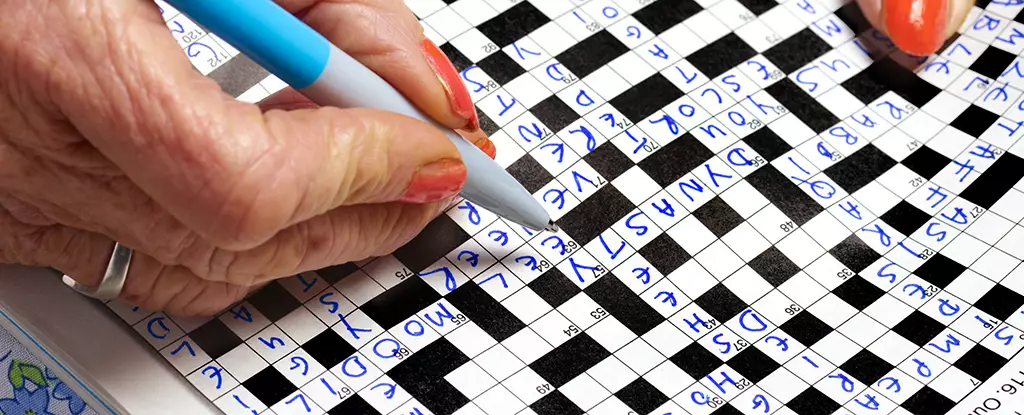As we age, maintaining mental acuity becomes increasingly vital. Recent research has uncovered promising evidence suggesting that engaging in mentally stimulating activities may significantly contribute to preserving cognitive function in older adults. This article will delve into a comprehensive study by researchers from the University of Southern Mississippi, Texas A&M University, and Indiana University, which highlights the benefits of cognitive stimulating leisure activities (CSLAs) for individuals experiencing mild cognitive impairment (MCI).
The study focused on a significant cohort of 5,932 participants aged 50 and above, identified as having mild cognitive impairment in a 2012 assessment. Over eight years, participants were monitored through a series of phone interviews and self-reported surveys, part of the broader Health and Retirement Study project. The researchers categorized participants based on their frequency of engaging in CSLAs—activities such as reading, playing chess, working on puzzles, and engaging in hobbies. This categorization established three distinct groups: low, mid, and high participation in these cognitively stimulating activities.
The results of this extensive study revealed compelling evidence supporting the notion that a higher level of engagement in CSLAs correlates with better cognitive function. Junhyoung Kim, an associate professor at Texas A&M University, explained that participants categorized in the high participation group consistently exhibited superior cognitive function levels during the study, remaining more resilient against cognitive decline than their peers in the mid and low participation groups.
Interestingly, while all groups demonstrated a decline in cognitive abilities over the study period, those engaging in CSLAs more than three times a week exhibited a slower decline, particularly in areas such as memory, attention, and processing speed. These results suggest that regular mental workouts can effectively counteract some cognitive effects associated with aging, especially for individuals already diagnosed with mild cognitive impairment.
The researchers noted that the optimal threshold for CSLAs was found to be at least three times a week. This finding suggests that moderate, consistent engagement is not only beneficial but potentially essential in boosting cognitive function in older adults. Thus, incorporating a variety of mental challenges into regular routines could serve as a front line of defense against cognitive deterioration.
The implications of this research are vast, especially in light of the increasing number of individuals living with dementia. Currently, approximately six million people in the United States are diagnosed with dementia, and projections indicate this figure will rise to around 14 million by 2060, with minority populations disproportionately affected. The connection between cognitive engagement and potential cognitive decline interventions may pave the way for innovative, nonpharmacological therapies to mitigate the onset of conditions like Alzheimer’s disease.
While the research does not definitively prove a direct cause-and-effect relationship between engagement in CSLAs and cognitive function, it does reinforce the notion that “exercising” the brain, much like physical exercise, can protect against deterioration. This understanding could lead to a vital shift in how older adults approach their cognitive health.
The findings from this extensive study provide crucial insights into how engaging in mentally stimulating activities can support cognitive health in older adults experiencing mild cognitive impairment. As our global population ages, fostering environments that encourage such engagement may prove essential in mitigating the impacts of cognitive decline. As individuals, embracing a lifestyle enriched with reading, puzzles, games, and other intellectually stimulating endeavors may not only enhance our quality of life but also be a proactive measure against the challenges of aging and cognitive deterioration. By maintaining a sharp mind, we encourage not just longevity in life but also vitality in living.


Leave a Reply